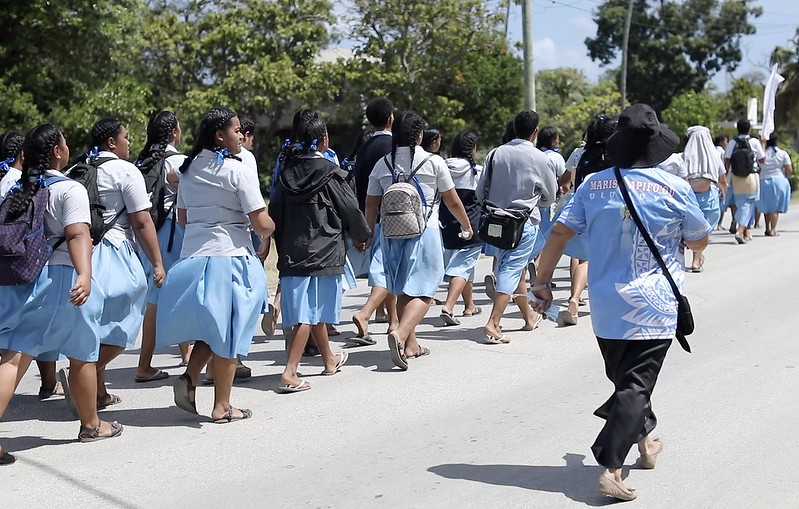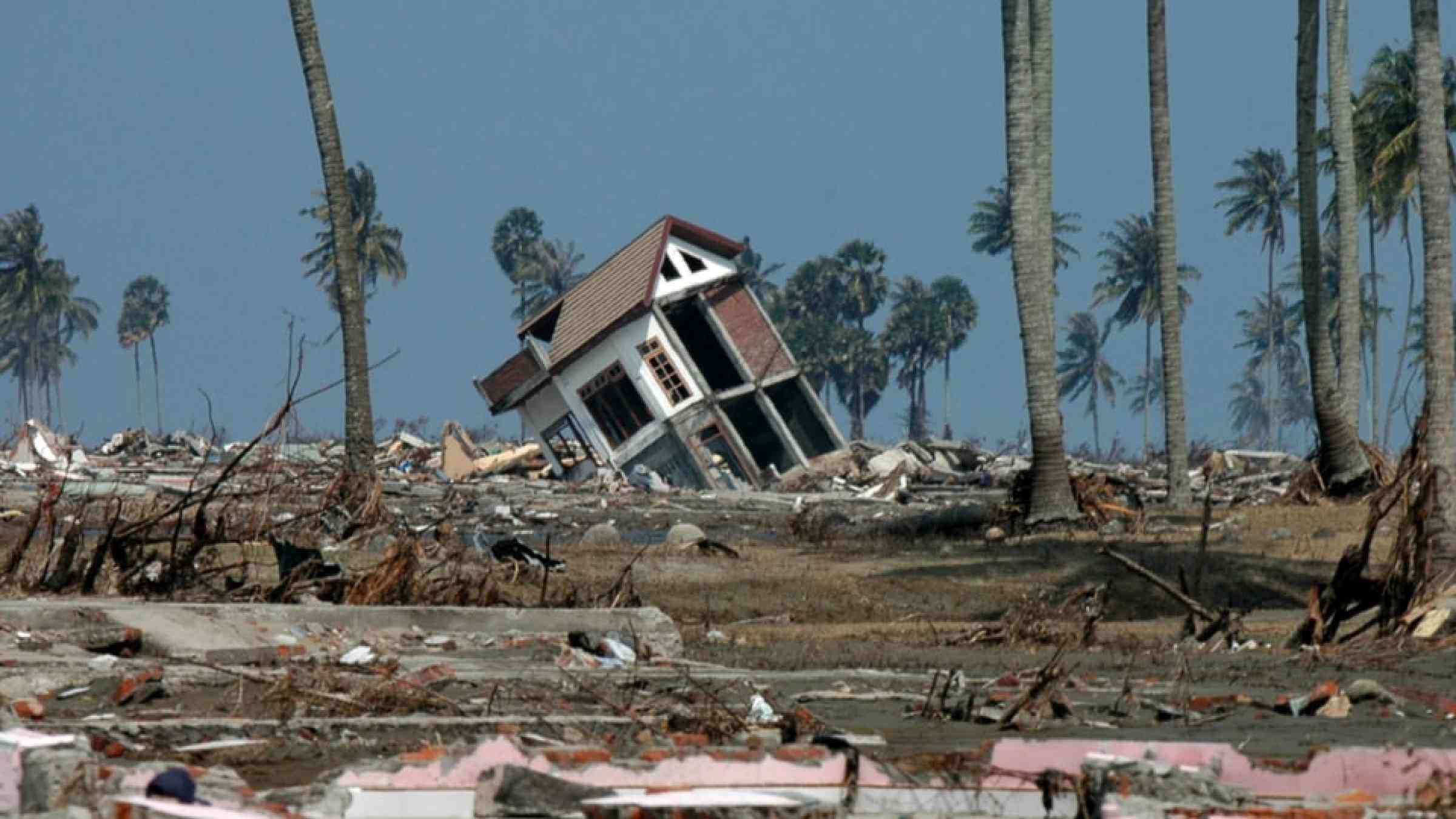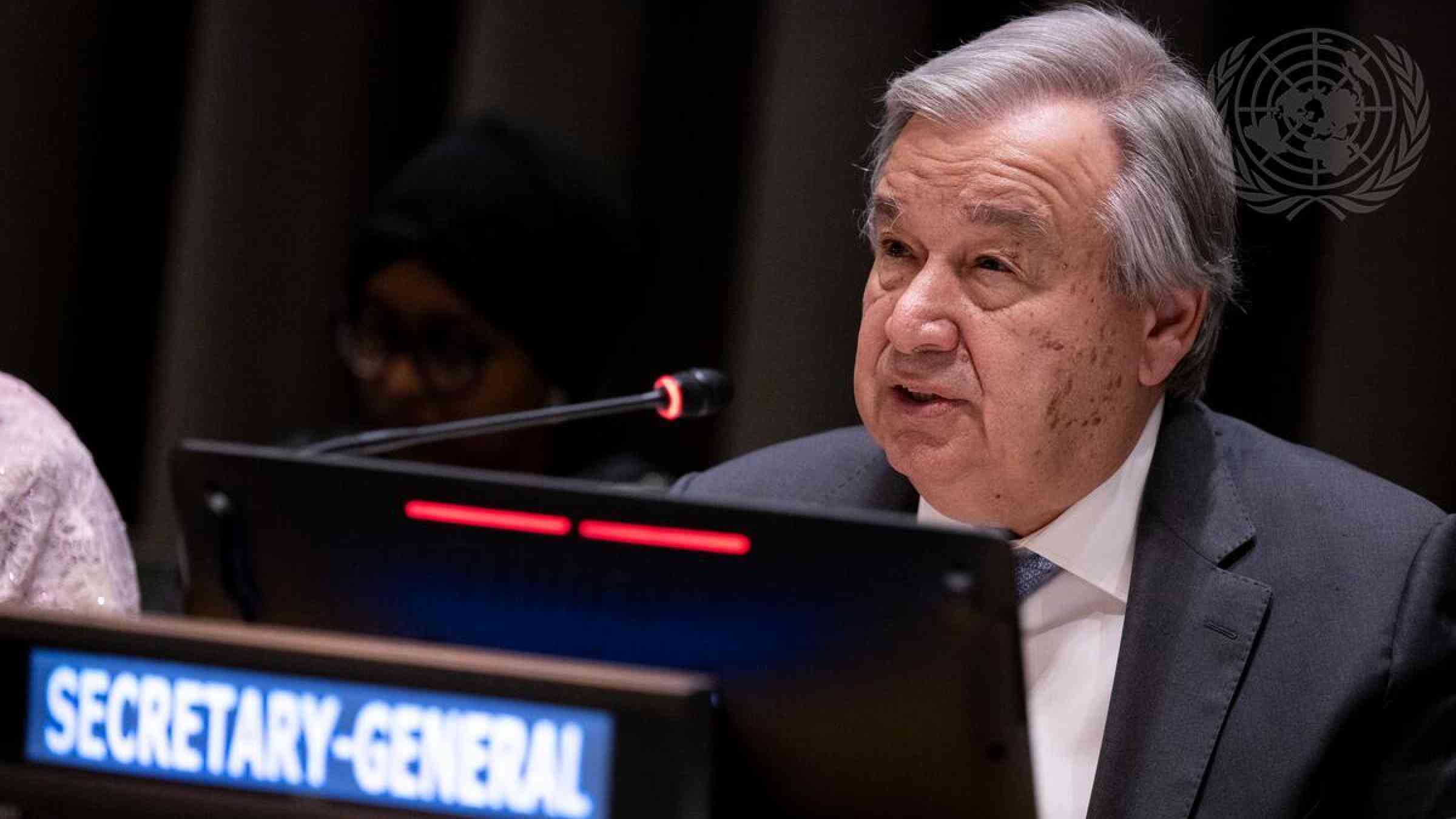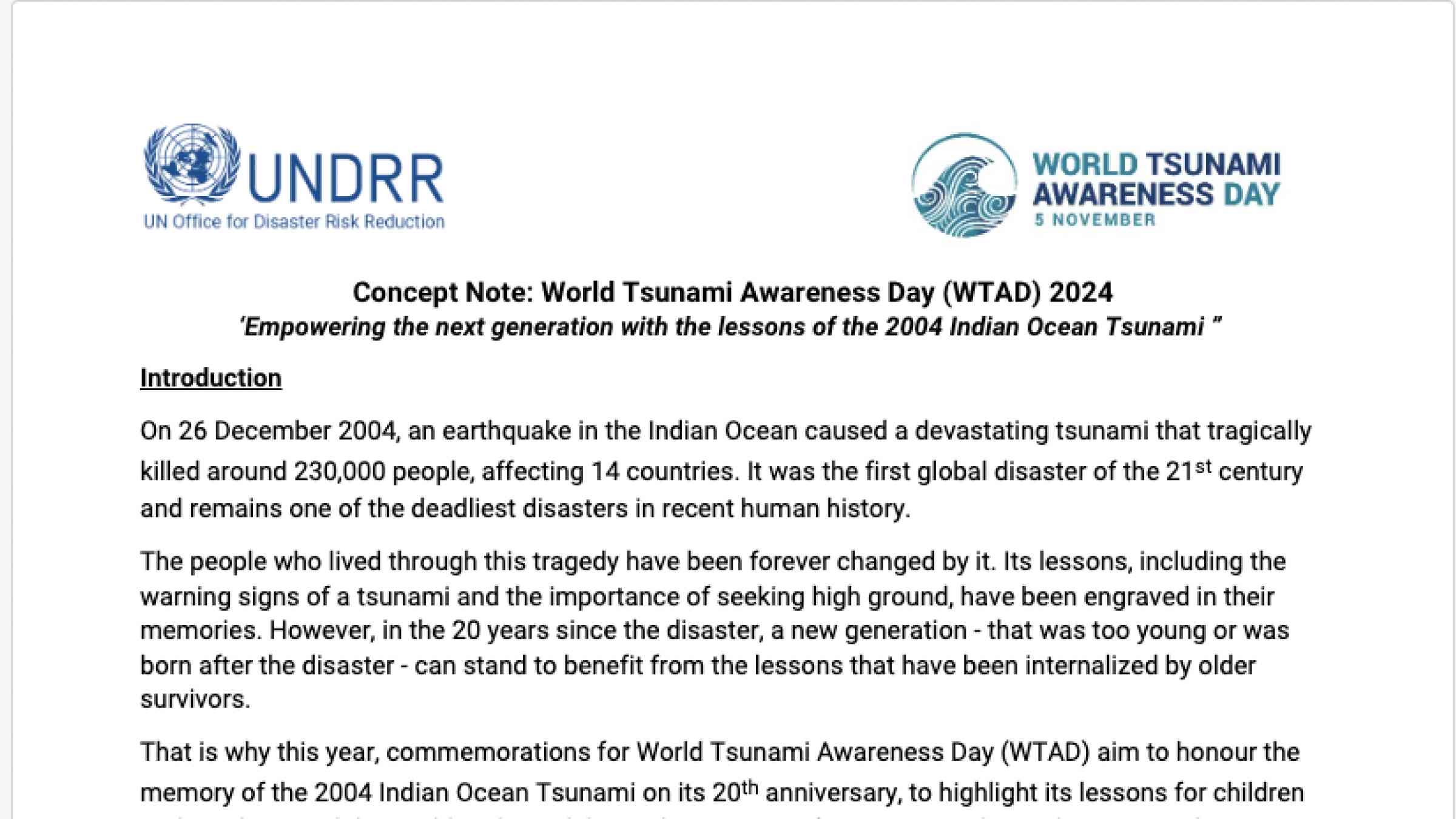About the WTAD day
Theme of the day: Empowering the next generation with the lessons of the 2004 Indian Ocean Tsunami
On 26 December 2004, an earthquake in the Indian Ocean caused a devastating tsunami that tragically killed around 230,000 people, affecting 14 countries. It was the first global disaster of the 21st century and remains one of the deadliest disasters in recent human history.
The people who lived through this tragedy have been forever changed by it. Its lessons, including the warning signs of a tsunami and the importance of seeking high ground, have been engraved in their memories. However, in the 20 years since the disaster, a new generation - that was too young or was born after the disaster - can stand to benefit from the lessons that have been internalized by older survivors.
The theme of this year’s WTAD is aligned with the theme of the International Day for Disaster Risk Reduction, on 13 October, and the Summit of the Future, in September 2024, where ‘youth and future generations’ are a priority. WTAD 2024 activities will commemorate the 20th anniversary of the Indian Ocean Tsunami by passing its lessons to a new generation of children and youth

Call to action
- We are calling on all countries at risk from tsunami to take action today: to develop new/revised strategies on tsunami risk, update evacuation routes, install new tsunami warning sensors and warning systems.
- We are calling on all actors in all coastal communities to raise the awareness of their children and youth of the 2004 Indian Ocean Tsunami and to conduct, if possible, evacuation drills to higher ground any time during the year.
- We are calling in youth, children and learning institutes to play and learn to Stop Disasters! The Stop Disasters online game teaches children how disasters strike, including tsunamis, and how early warning systems, evacuation plans and education save lives.
News
Resources


Could a lullaby save people's lives? On Simeulue Island, Indonesia communities use the knowledge of “Smong”, developed following the 1907 tsunami. This knowledge was passed through generations, through songs, lullabies and folk stories.
Here is how IOC/UNESCO is supporting children to prepare for tsunami risk in four countries in the northeast Atlantic Ocean and Mediterranean Sea: Türkiye, Morocco, Greece and France.




